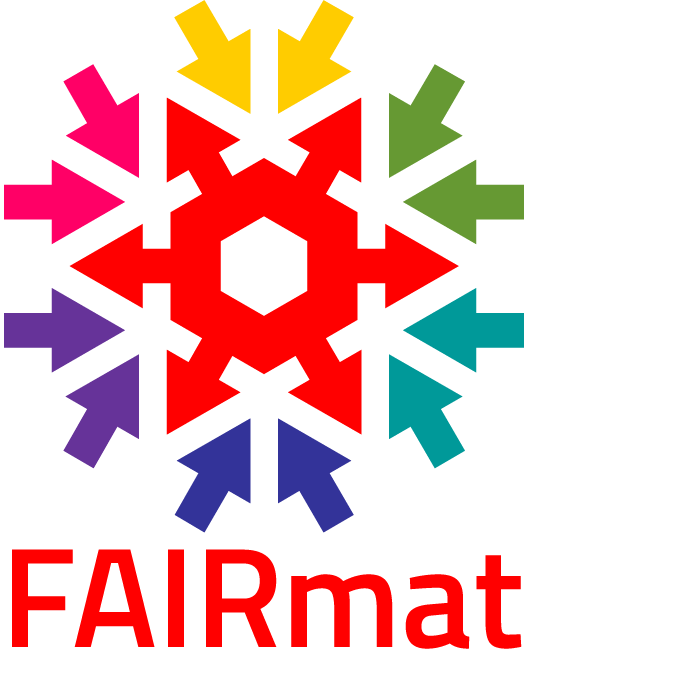Description
Scientific data are the key outcome of research activities at universities, research institutes, and industrial R&D centers. With the recent surge in research data production driven by high-throughput techniques, and the digitalization of scientific methods, data management has become more critical than ever. Moreover, multidisciplinary collaborative research requires the seamless exchange of research data between team members and different laboratories.
To ensure that these vast amounts of diverse research data are handled effectively and result in valuable human knowledge and discoveries, it is imperative that proper data management practices are implemented. This ensures that data are produced in a high-quality, reproducible, and well-documented manner so that they can be machine-actionable and reusable in the future.
Research Data Management (RDM) refers to the practices used in handling scientific data throughout their lifecycle, from collection to reuse.
In this interactive tutorial, we will explain the different stages of the research data lifecycle and identify the best practices for each stage. We will explore the FAIR data principles —Findable, Accessible, Interoperable, and Reusable— and provide insights into their implementation during the research process. In addition, we will introduce the concept of data management plans, which define the data management process during research projects, along with practical tips on the various components and how to comply with funder requirements.
The tutorial is divided into two sessions:
- Basic concepts and definitions of FAIR data and RDM
- Practical tips and examples for applying best practices in RDM
After completing this tutorial, you will be able to:
- Describe the FAIR principles and understand the different aspects and implementations of FAIR data.
- Describe and justify measures for good RDM at different stages of the data lifecycle.
- Understand and explain the concepts of persistent identifiers (PID), metadata, data storage systems, etc.
- List and understand the contents of the components of a DMP according to the requirements of different funders in Europe.
- Identify the tools available to create a DMP.
Preliminary schedule
This tutorial will take place from 14:00 to 17:00 CEST on Wednesday October 25, 2023.
| Time | Title | Speaker |
| 14:00-15:30 | Research data management | Siamak Nakhaie |
| FAIR data principles | Ahmed Mansour | |
| Data management plans | Lucia Rotheray | |
| 15:30-15:40 | ||
| 15:40-17:00 | Interactive discussion, practical tips, and examples | Siamak Nakhaie, Ahmed Mansour, and Carolin Rehermann |
